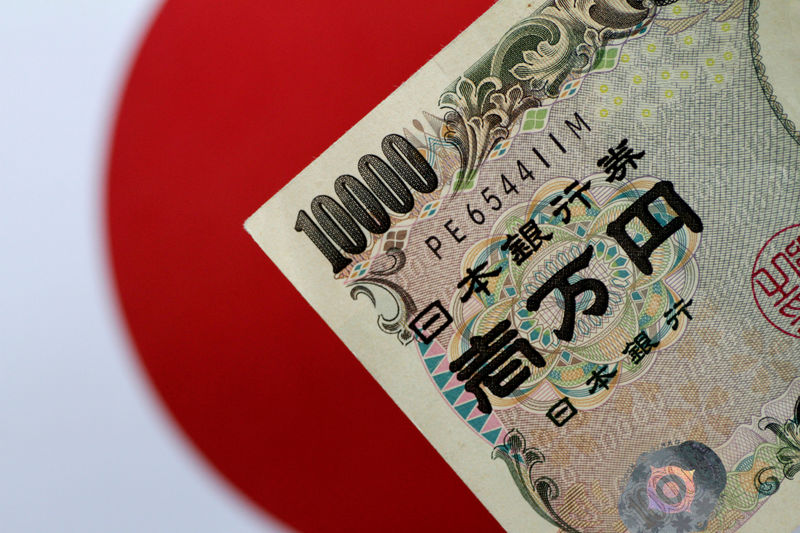 © Reuters.
© Reuters.
By Ambar Warrick
Investing.com -- Most Asian currencies fell on Friday as weak economic readings pushed up concerns over a potential recession this year, while the Japanese yen rose as signs of stubborn inflation ramped up bets that the Bank of Japan will eventually tighten policy this year.
The yen rose 0.3%, as Japanese core consumer price index inflation remained steady in March from the prior month, at 3.1%. While the reading was well below 40-year peaks seen earlier this year, it showed that inflation still remained stubbornly above the BOJ’s 2% annual target.
This spurred some bets that the central bank will eventually tighten its ultra-loose policy this year, although new Governor Kazuo Ueda said that he will keep policy unchanged in the near-term. The BOJ is set to meet next week.
Other Japanese economic indicators spelled more headwinds for the economy, with both manufacturing and services activity missing expectations in April.
Broader Asian currencies retreated as softer-than-expected U.S. economic data pushed up fears of a recession in the world’s largest economy, while Federal Reserve officials also presented a hawkish outlook for policy.
The Chinese yuan fell 0.2%, also coming under pressure from softer-than-expected foreign direct investment data, while the rate-sensitive South Korean won lost 0.4%.
The Australian dollar sank nearly 0.5% amid plans for a major shake-up in the Reserve Bank of Australia’s structure, which will include setting up two boards and a separate panel to set interest rates.
The U.S. dollar index and dollar index futures steadied on Friday, but were set for their first weekly gain in six as a slew of Fed officials called for more interest rate hikes this year. Most recently, Philadelphia Fed President Patrick Harker warned on Thursday that U.S. interest rates will likely rise further and remain there for longer, even as economic activity cools.
A key regional U.S. manufacturing index fell more than expected in March, while weekly jobless claims grew more than expected. The Fed’s Beige Book report also showed that economic activity was cooling.
While markets are betting that weakening growth will eventually invite a pause in the Fed’s rate hikes, the bank is still widely expected to raise rates in early-May.
This, coupled with worsening appetite for risk-driven assets, is expected to weigh on Asian markets in the coming months.

